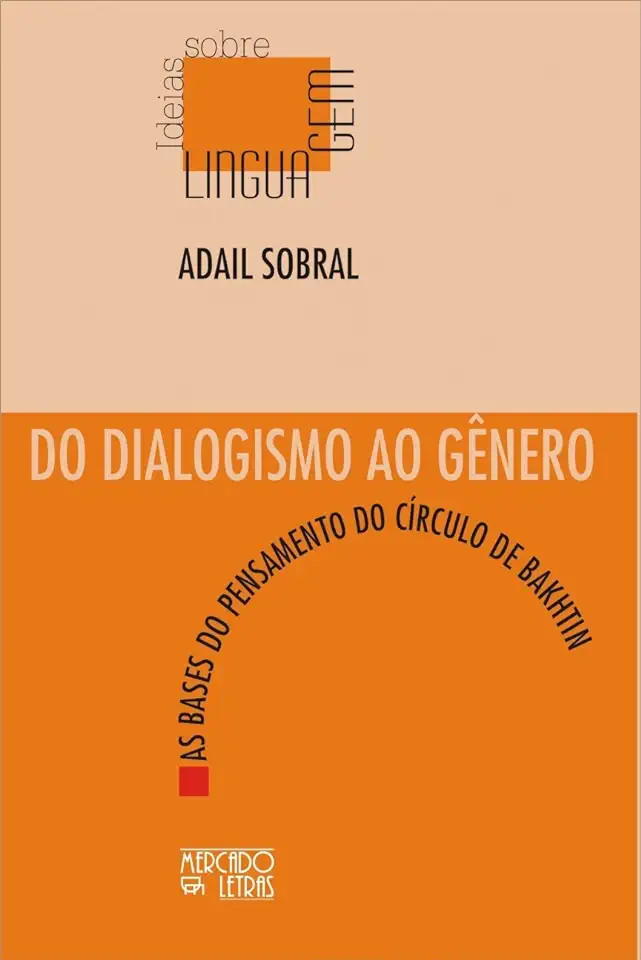
From Dialogism to Genre - Adail Sobral
From Dialogism to Genre: The Literary Thought of Mikhail Bakhtin
Introduction
In this groundbreaking work, Adail Sobral offers a comprehensive and insightful exploration of the literary thought of Mikhail Bakhtin, one of the most influential thinkers of the twentieth century. Sobral delves into Bakhtin's groundbreaking concepts of dialogism and genre, providing a nuanced understanding of their significance and impact on literary theory and criticism.
Bakhtin's Dialogism
Bakhtin's concept of dialogism challenges traditional notions of authorship and individuality, positing that all language and thought are inherently dialogic. Sobral meticulously examines Bakhtin's theory of dialogism, demonstrating how it revolutionized our understanding of the nature of language and the dynamics of communication.
The Concept of Genre
Sobral dedicates a substantial portion of the book to Bakhtin's concept of genre, a central tenet of his literary theory. Bakhtin argues that genres are not fixed or static categories, but rather dynamic and evolving forms that shape and are shaped by the social and historical contexts in which they emerge. Sobral elucidates Bakhtin's theory of genre, highlighting its implications for understanding the evolution of literary forms and the relationship between literature and society.
Bakhtin and the Novel
Sobral devotes a chapter to Bakhtin's analysis of the novel, a genre that he considered to be the quintessential embodiment of dialogism. Bakhtin's insights into the polyphonic nature of the novel, its capacity for incorporating multiple voices and perspectives, and its role in fostering social and cultural dialogue are explored in depth.
Bakhtin's Legacy
Sobral concludes the book by assessing Bakhtin's enduring legacy and influence on literary theory and criticism. He examines how Bakhtin's ideas have been applied and interpreted by subsequent scholars, and how they continue to shape our understanding of literature and culture.
Conclusion
"From Dialogism to Genre" is an essential resource for scholars, students, and anyone interested in the work of Mikhail Bakhtin. Sobral's erudite and engaging analysis provides a comprehensive overview of Bakhtin's literary thought, offering a deeper appreciation of his groundbreaking contributions to our understanding of language, literature, and culture.
Enjoyed the summary? Discover all the details and take your reading to the next level — [click here to view the book on Amazon!]